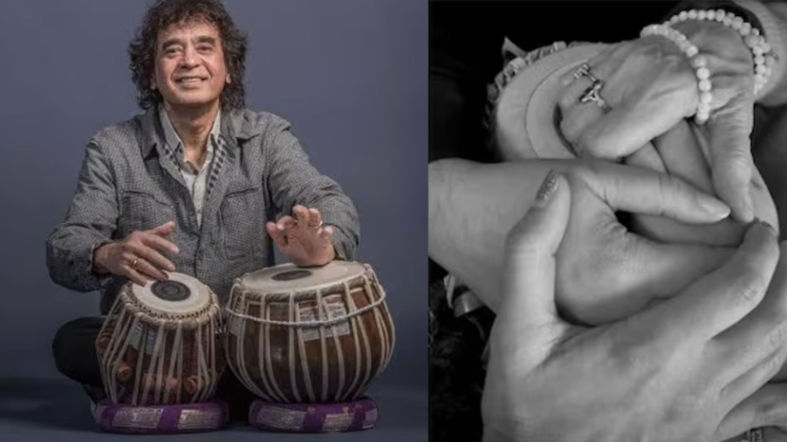The idea that alcohol is a kind of linguistic fuel stems from the supposed “Dutch courage” effect, whereby people gain confidence after drinking. However, booze really makes one linguistically proficient or fluent-sounding? The main reason that booze might seem to raise fluency would be that it reduces inhibitions, making a person talk without fear and doubt.
A hoarding outside a liquor shop in Burhanpur, Madhya Pradesh, had played with the idea through its line, “Din dahade Angrezi bolna seekhe” or “Learn to speak English fluently in broad daylight”. The board pointing to a liquor shop labelled “Theka” drew criticism. Siddharth Kumar, a local college student, said the ad could have a bad influence on youngsters. He asked the authorities to take cognizance of the misleading ad and withdraw the same, as it apparently gave some idea that alcohol helps to learn English.
After the controversy, District Collector Bhavya Mittal directed the excise department to withdraw the same and issued notices under section 18 of Information Technology Act of 2000.
This theory was tested in a 2017 study in the Journal of Psychopharmacology, measuring foreign language abilities among native German speakers who had been drinking alcohol and those who hadn’t. The results indicate that those who had drunk alcohol performed better at pronouncing Dutch during conversations. This was an experiment done on a controlled basis and cannot be taken as definitive proof that alcohol is some kind of magic bullet to smoothen language skills.
Before jumping right in to drink your way to loose-tongued speaking of a foreign language, there are other methods that work. While alcohol may temporarily boost your confidence level, it can lead to further grammatical errors and poor pronunciation—it may even instill bad habits that carry over into sobriety.














